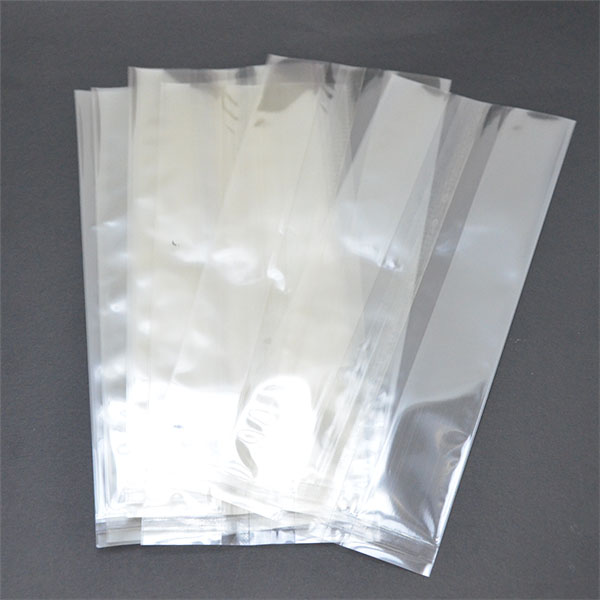As the global movement toward sustainability grows stronger, more consumers and businesses are turning to biodegradable packaging solutions. Among them, biodegradable films are widely promoted as eco-friendly alternatives to conventional plastics. But here’s the problem: not all biodegradable films are actually compostable — and the difference is more than just semantics. Understanding what makes a film truly compostable is essential if you care about the planet and compliance.
So, how can you tell whether your packaging film will harmlessly return to nature or linger in landfills? The answer lies in certifications.
Biodegradable vs. Compostable: What’s the Real Difference?
Biodegradable Film
Biodegradable films, like PLA film, are made from materials that can be broken down by microorganisms such as bacteria or fungi. However, this process can take years and may require specific environmental conditions like heat, moisture, or oxygen. Worse, some so-called biodegradable films degrade into microplastics — not exactly eco-friendly.
Compostable Film
Compostable films go a step further. They not only biodegrade but must do so under composting conditions within a specific timeframe, typically 90 to 180 days. More importantly, they should leave no toxic residue and produce only water, carbon dioxide, and biomass.
There are two main types:
-
Industrially compostable films: Require high-heat, controlled environments.
-
Home compostable films: Break down in backyard compost bins at lower temperatures, like celllophane film.
Why Certifications Matter?
Anyone can slap “eco-friendly” or “biodegradable” on a product label. That’s why third-party compostability certifications are so important — they verify that a product meets stringent standards for environmental safety and performance.
Without certification, there’s no guarantee that a film will compost as promised. Worse, uncertified products can contaminate composting facilities or mislead eco-conscious consumers.
Trusted Compostability Certifications Around the World
-
✅ASTM D6400 / D6868 (USA)
Governing Body: American Society for Testing and Materials (ASTM)
Applies To: Products and coatings designed for industrial composting (high-temperature environments)
Materials Commonly Certified:
-
PLA Films (Polylactic Acid)
-
PBS (Polybutylene Succinate)
-
Starch-based blends
Key Test Criteria:
-
Disintegration: 90% of the material must fragment into particles <2mm within 12 weeks in an industrial composting facility (≥58°C).
-
Biodegradation: 90% conversion into CO₂ within 180 days.
-
Eco-toxicity: Compost must not hinder plant growth or soil quality.
-
Heavy Metal Test: Levels of lead, cadmium, and other metals must remain within safe limits.
-
✅EN 13432 (Europe)
Governing Body: European Committee for Standardization (CEN)
Applies To: Industrially compostable packaging materials
Materials Commonly Certified:
- PLA films
- Cellophane (with natural coating)
- PHA (Polyhydroxyalkanoates)
Key Test Criteria:
-
Chemical Characterization: Measures volatile solids, heavy metals, fluorine content.
-
Disintegration: Less than 10% residue after 12 weeks in a composting environment.
-
Biodegradation: 90% degradation into CO₂ within 6 months.
-
Ecotoxicity: Tests compost on seed germination and plant biomass.


- ✅OK Compost / OK Compost HOME (TÜV Austria)
These certifications are highly regarded in the EU and beyond.
OK Compost: Valid for industrial composting.
OK Compost HOME: Valid for lower-temperature, household composting — a rarer and more valuable distinction.
- ✅BPI Certification (Biodegradable Products Institute, USA)
One of the most recognizable certifications in North America. It builds on ASTM standards and includes an additional review process to ensure true compostability.
Final Thought: Certification Isn’t Optional — It’s Essential
No matter how biodegradable a film claims to be, without the right certification, it's just marketing. If you're a brand sourcing compostable packaging — especially for food, produce, or retail — selecting films certified for their intended environment (industrial or home compost) ensures regulatory compliance, customer trust, and genuine environmental impact.
Need help identifying certified PLA or cellophane film suppliers? I can help with sourcing guidance or technical comparisons — just let me know!
Related Products
Post time: Jun-04-2025



